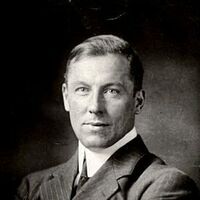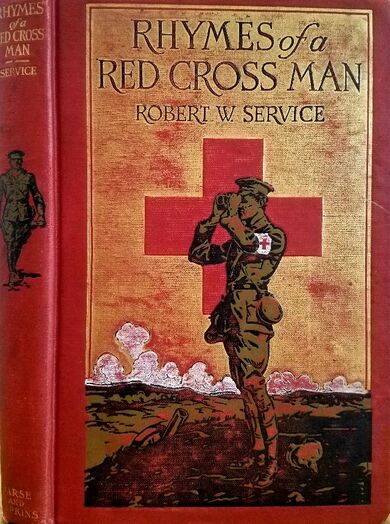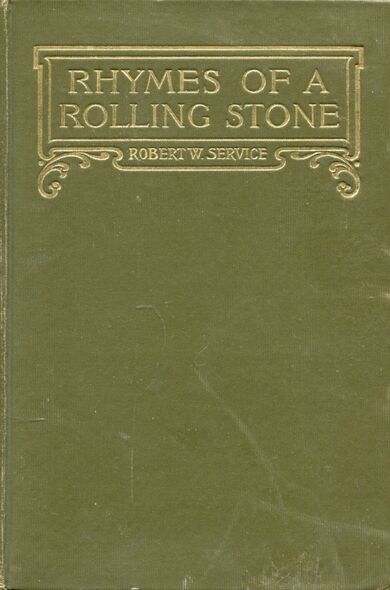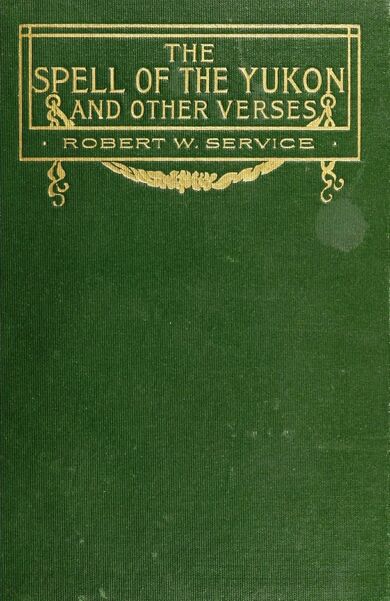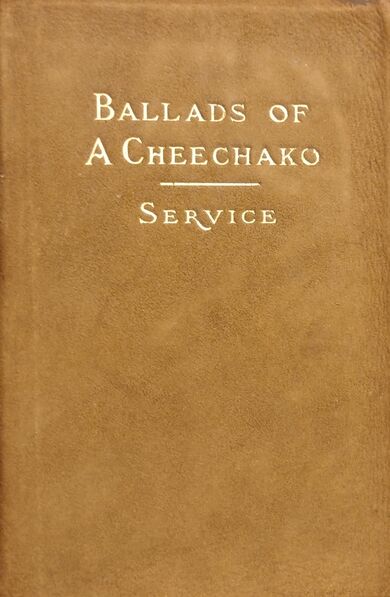The Pretty Lady
He asked the lady in the train
If he might smoke: she smiled consent.
So lighting his cigar and fain
To talk he puffed away content,
Reflecting: how delightful are
Fair dame and fine cigar.
Then from his bulging wallet he
A photograph with pride displayed,
His charming wife and children three,
When suddenly he was dismayed
To hear her say: 'These notes you’ve got,—
I want the lot.'
He scarcely could believe his ears.
He laughed: 'The money isn’t mine.
To pay it back would take me years,
And so politely I decline.
Madame, I think you speak in fun:
Have you a gun?'
She smiled. 'No weapon have I got,
Only my virtue, but I swear
If you don’t hand me out the lot
I’ll rip my blouse, let down my hair,
Denounce you as a fiend accurst . . .'
He told her: ‘Do your worst.’
She did. Her silken gown she tore,
Let down her locks and pulled the cord
That stopped the train, and from the floor
She greeted engineer and guard:
‘I fought and fought in vain,’ she cried.
'Save me,—I’m terrified!'
The man was calm; he stood aloof.
Said he: ‘Her game you understand;
But if you doubt, behold the proof
Of innocence is in my hand.’
And as they stared into the car
They saw his logic in a flash . . .
Aloft he held a lit cigar
With two inches of ash.

